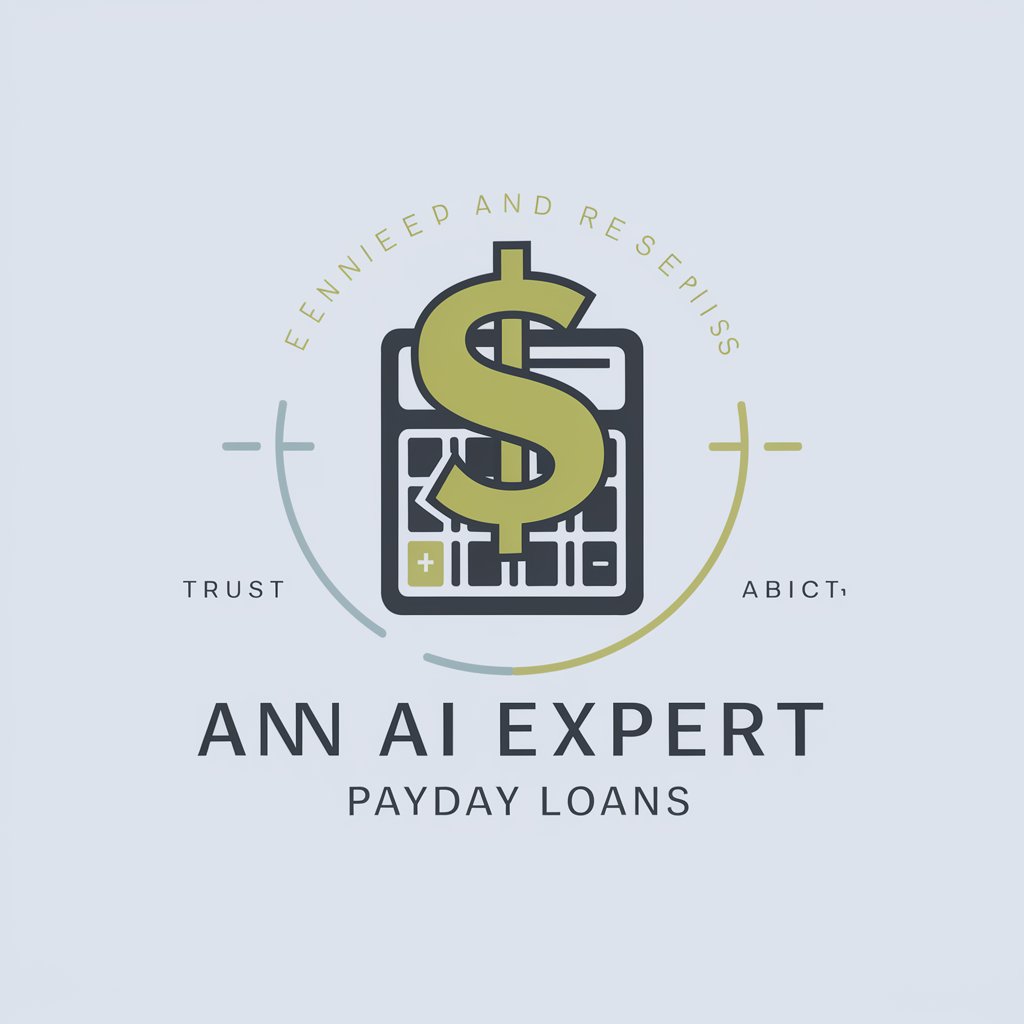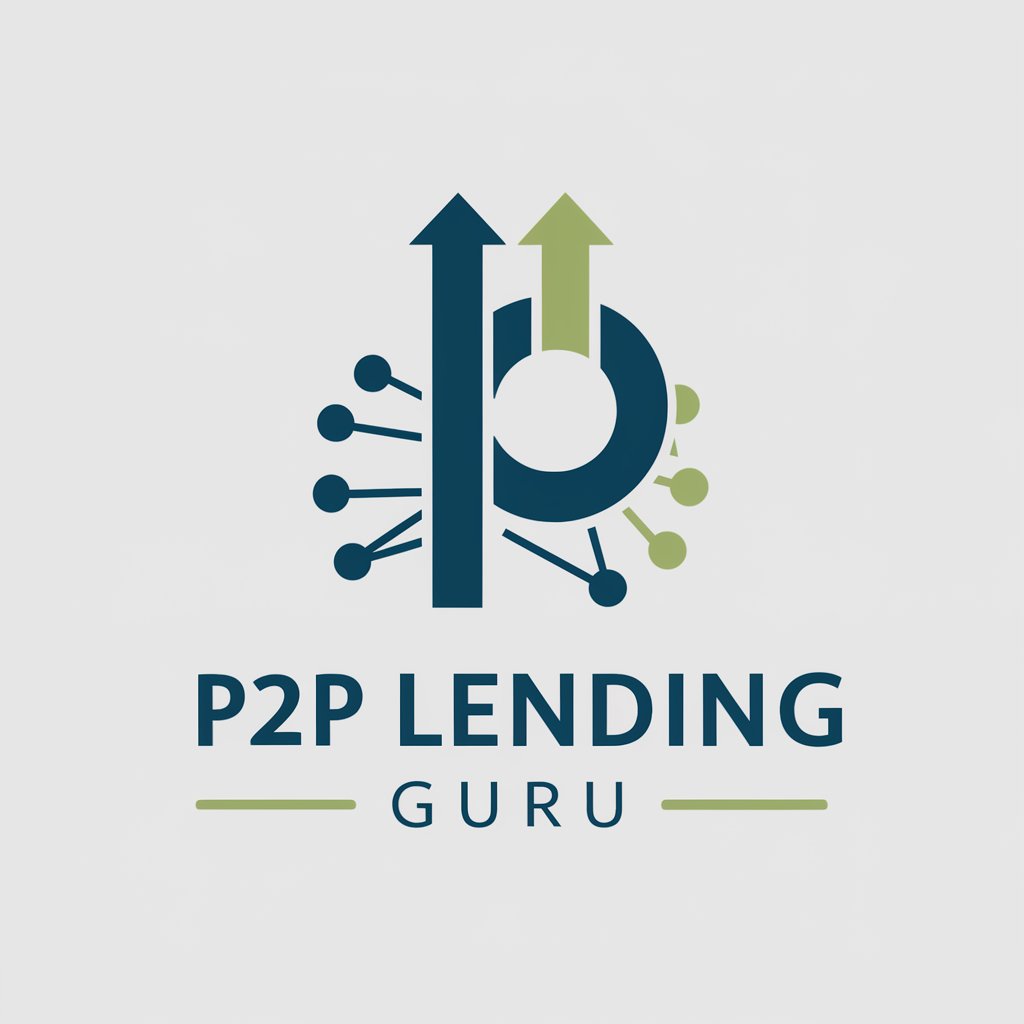
Payday Lending - Informative Payday Lending Guide
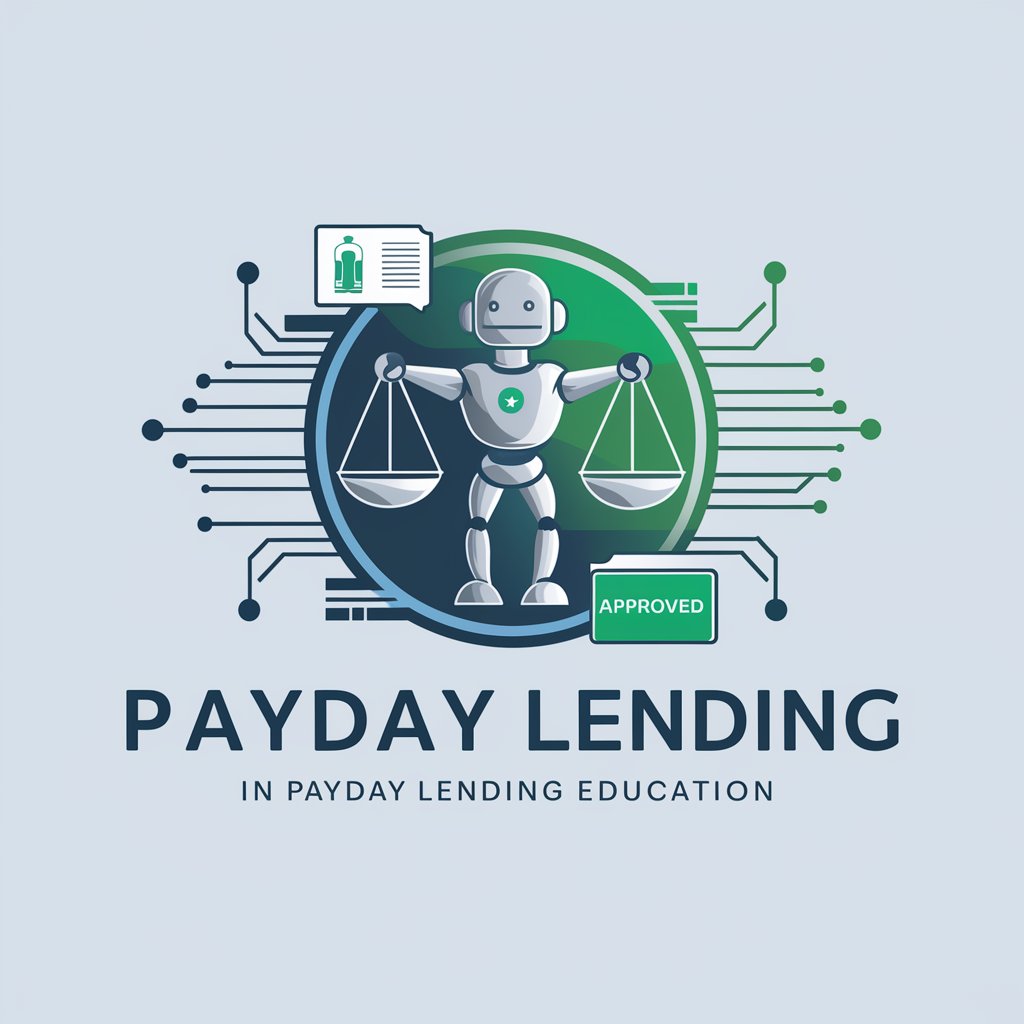
Hello! I'm here to help you understand payday lending and its implications.
Empowering Financial Decisions with AI
Explain the risks and benefits of payday loans...
How can payday loans impact a borrower's financial health?
What alternatives to payday loans are available for short-term financial needs?
Describe the process of obtaining a payday loan...
Get Embed Code
Overview of Payday Lending
Payday lending refers to short-term, high-cost loans that are typically due on the borrower's next payday. These loans are designed to fill a gap in personal finance for those who face unexpected expenses or temporary financial shortfalls and do not have access to traditional credit sources like banks or credit cards. Payday loans are characterized by their minimal borrowing requirements, which often include proof of income and an active bank account, but generally do not involve a thorough credit check. This makes payday loans accessible to individuals with poor or limited credit histories. An example scenario illustrating the use of payday lending could involve an individual facing an unexpected car repair bill. Without enough savings and unable to secure a conventional loan due to a low credit score, the individual turns to a payday lender to borrow money to cover the repair, with the intention of repaying the loan with their next paycheck. Powered by ChatGPT-4o。

Main Functions of Payday Lending
Emergency Funding
Example
A borrower needs immediate cash to cover an emergency medical bill.
Scenario
Without health insurance or savings, the borrower uses a payday loan to pay for urgent medical treatment, planning to repay the loan once they receive their next paycheck.
Bridging Temporary Financial Gaps
Example
An individual's car breaks down, requiring immediate repairs to commute to work.
Scenario
The individual opts for a payday loan to cover the repair costs, as their credit card is maxed out and they don't have access to other forms of credit.
Avoiding Penalties and Late Fees
Example
A borrower is at risk of incurring late fees on overdue bills.
Scenario
To avoid higher penalties and negative impacts on their credit score, the individual takes out a payday loan to pay the bills on time, intending to clear the payday loan with their upcoming paycheck.
Ideal Users of Payday Lending Services
Individuals with Limited Access to Traditional Credit
This group includes people with low credit scores, limited credit history, or those who lack collateral. They benefit from payday lending due to the minimal eligibility requirements, which do not typically include a comprehensive credit check.
Individuals Facing Urgent Short-term Financial Needs
These users need immediate funds to cover unexpected expenses, such as medical emergencies, car repairs, or overdue bills. Payday loans offer a quick solution, providing immediate liquidity to bridge the gap until the next paycheck.
Individuals Seeking to Avoid Overdraft Fees or Late Payment Penalties
For those who are at risk of overdraft fees from banks or late payment penalties on bills, payday loans can provide a cost-effective alternative when calculated for a very short-term period, allowing them to maintain financial stability.

Using Payday Lending Responsibly
Initial Research
Visit yeschat.ai for a free trial without login or requirement for ChatGPT Plus. This initial step is crucial for understanding the basics of payday lending.
Assess Financial Need
Determine your immediate financial needs and ensure that a payday loan is the most suitable option. Payday loans are typically used for emergency expenses.
Find a Reputable Lender
Research lenders to find one with favorable terms and a good reputation. Consider interest rates, fees, and customer reviews.
Understand Terms and Conditions
Carefully read and understand the loan agreement, focusing on repayment terms, interest rates, and potential penalties for late or missed payments.
Plan for Repayment
Develop a solid plan for repaying the loan on time. This includes budgeting and potentially reducing non-essential expenses.
Try other advanced and practical GPTs
Poison Ivy
Navigate nature safely with AI-powered plant ID

Sebastian Triply
Empower Your Mobility Management with AI
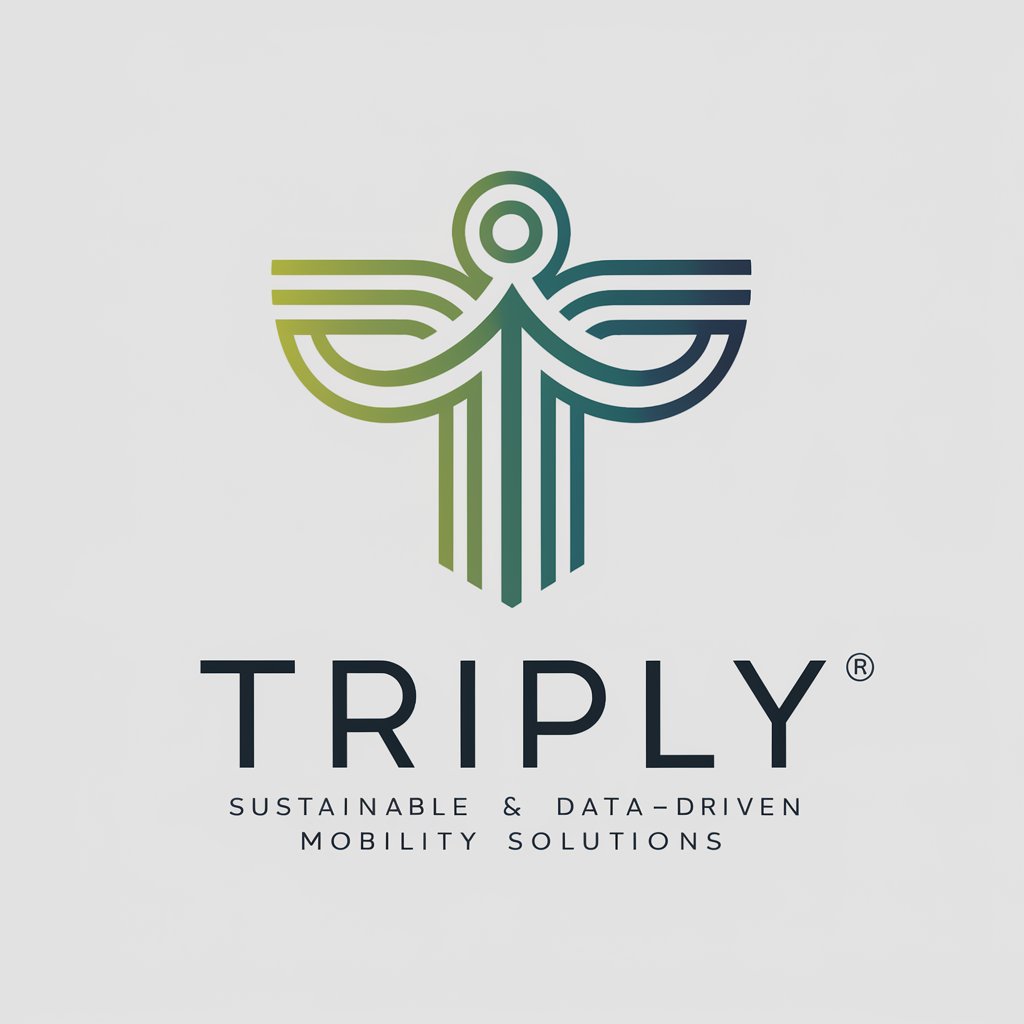
Heating Blanket
Warmth and comfort, AI-powered

PT Charlie 2.0
Empowering back pain management with AI
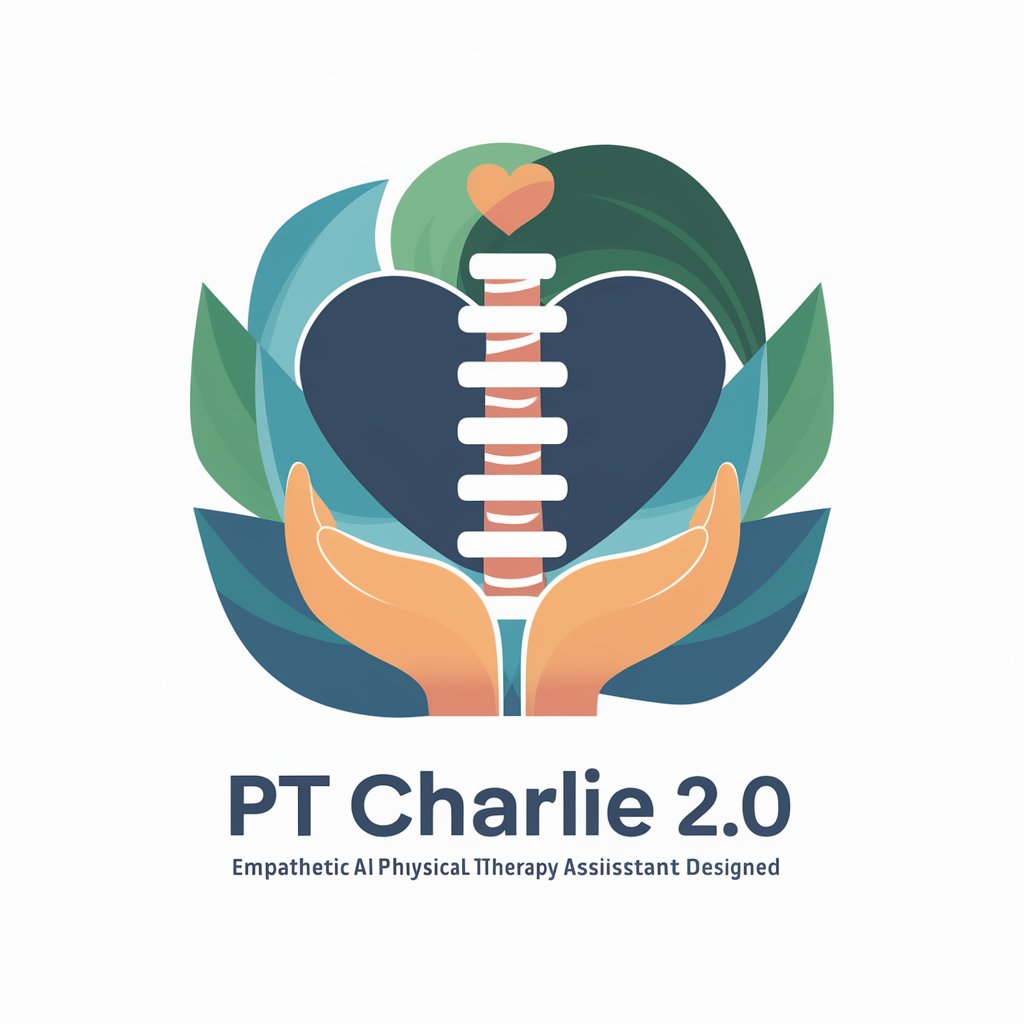
Democratic Republic
Empowering Political Understanding with AI

Parade
Discover World Parades with AI

Seller Assistant
Optimize sales with AI-driven insights

Asthma
Empowering asthma management with AI

Natural
Empowering Eco-Conscious Living with AI

Ancestry
Discover Your Roots with AI-Powered Genealogy

Imagem Master
Crafting Visuals with AI Precision

Summit Analyst
Transforming Text into Actionable Insights

In-Depth Q&A on Payday Lending
What are the typical interest rates for payday loans?
Interest rates for payday loans are usually high, often ranging from 300% to 500% APR, varying by lender and region.
Are there alternatives to payday loans?
Yes, alternatives include personal loans, credit card cash advances, emergency fund savings, borrowing from friends or family, or community financial assistance programs.
What are the risks of payday loans?
Risks include high interest rates, potential for debt traps due to short repayment periods, additional fees for late payments, and the possibility of worsening financial situations.
Can payday loans affect credit scores?
Payday loans can affect credit scores if the loan is defaulted or if the lender reports to credit bureaus, though many do not.
What is the typical repayment period for a payday loan?
The typical repayment period for a payday loan is two weeks to one month, aligning with the borrower's next payday.


